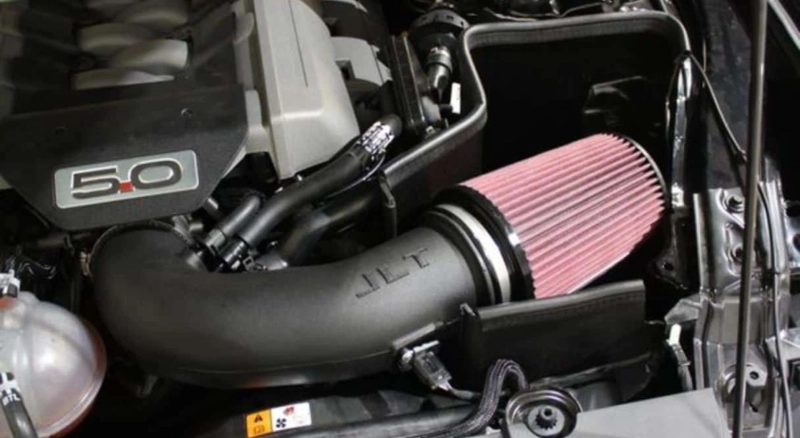Experiencing your car shaking when braking can be disconcerting. This article will delve into the common reasons behind this issue, aiming to provide insights and potential solutions
What Causes the Shaking?
Warped Brake Rotors: Why my car shakes when braking: Warped brake rotors are a primary culprit. Over time, excessive heat or wear causes these metal discs to warp, resulting in an uneven braking surface. When you apply the brakes, the irregular surface causes the car to shudder.
Worn Brake Pads: Why my car shakes when braking: Worn brake pads can lead to uneven braking. This inconsistency creates a pulsating sensation when braking, causing the car to shake as the brake pads engage with the rotor.
Unevenly Tightened Lug Nuts: Why my car shakes when braking: Inadequately tightened lug nuts can lead to a lack of balance in the wheel assembly, causing vibrations, especially when applying the brakes.
Diagnosing the Issue
If your car shakes when braking, a systematic approach to diagnosis is essential:
- Start by visually inspecting the brake components. Look for visible signs of wear, rust, or warping on the rotors.
- Check the brake pads for wear. If they are too thin or unevenly worn, they might need replacement.
- Ensure that the lug nuts are properly tightened and the wheels are balanced.
Resolving the Problem
Brake Rotor Resurfacing or Replacement: If the rotors are warped, they might need resurfacing or, in severe cases, replacement. Professional mechanics can either smooth out minor imperfections or replace the rotors for a smoother braking surface.
Brake Pad Replacement: Worn brake pads should be replaced. New brake pads provide a consistent surface, reducing the pulsating sensation while braking.
Wheel Balancing and Lug Nut Adjustment: Have a professional technician balance the wheels and ensure the lug nuts are appropriately tightened to avoid imbalance.
Importance of Timely Action
Addressing the issue promptly is vital to ensure safety and prevent further damage to the braking system. Ignoring the shaking when braking can lead to more significant problems, affecting not just the brakes but other components as well.
Conclusion
Understanding why your car shakes when braking is the first step towards resolving the issue. Whether it\'s due to warped rotors, worn brake pads, or wheel imbalance, diagnosing and addressing the problem promptly is crucial for maintaining safety and the longevity of your vehicle. Regular maintenance, visual inspections, and seeking professional help when needed can ensure a smooth, safe driving experience.
By taking the necessary steps to rectify these issues, you can restore your car\'s braking performance, ensuring a safer and more comfortable driving experience.



